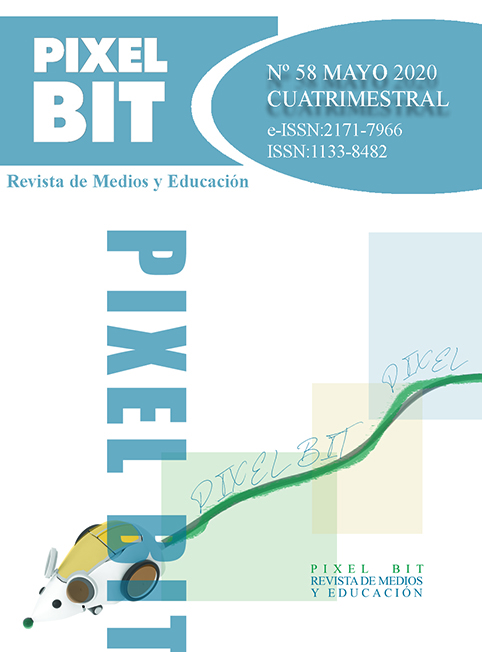Resumen
Esta investigación cuantitativa tiene como objetivo analizar las percepciones de los estudiantes sobre el uso de Facebook y Twitter en el contexto educativo por medio de la ciencia de datos y el aprendizaje automático. Los participantes son 89 estudiantes de una universidad localizada en la Ciudad de México. Los resultados del aprendizaje automático con 50%, 60% y 70% de entrenamiento (regresión lineal) indican que la interfaz web de Facebook y Twitter favorecen la comunicación, difusión de los contenidos y enseñanza durante el proceso educativo. Asimismo, la ciencia de datos permite la construcción de 6 modelos predictivos sobre el uso de las redes sociales Facebook y Twitter en el contexto educativo por medio de la técnica árbol de decisión. Por último, las redes sociales como Facebook y Twitter permiten transformar el contexto educativo, innovar las actividades escolares, crear nuevos espacios virtuales educativos y mejorar las condiciones de enseñanza-aprendizaje en el Siglo XXI.

